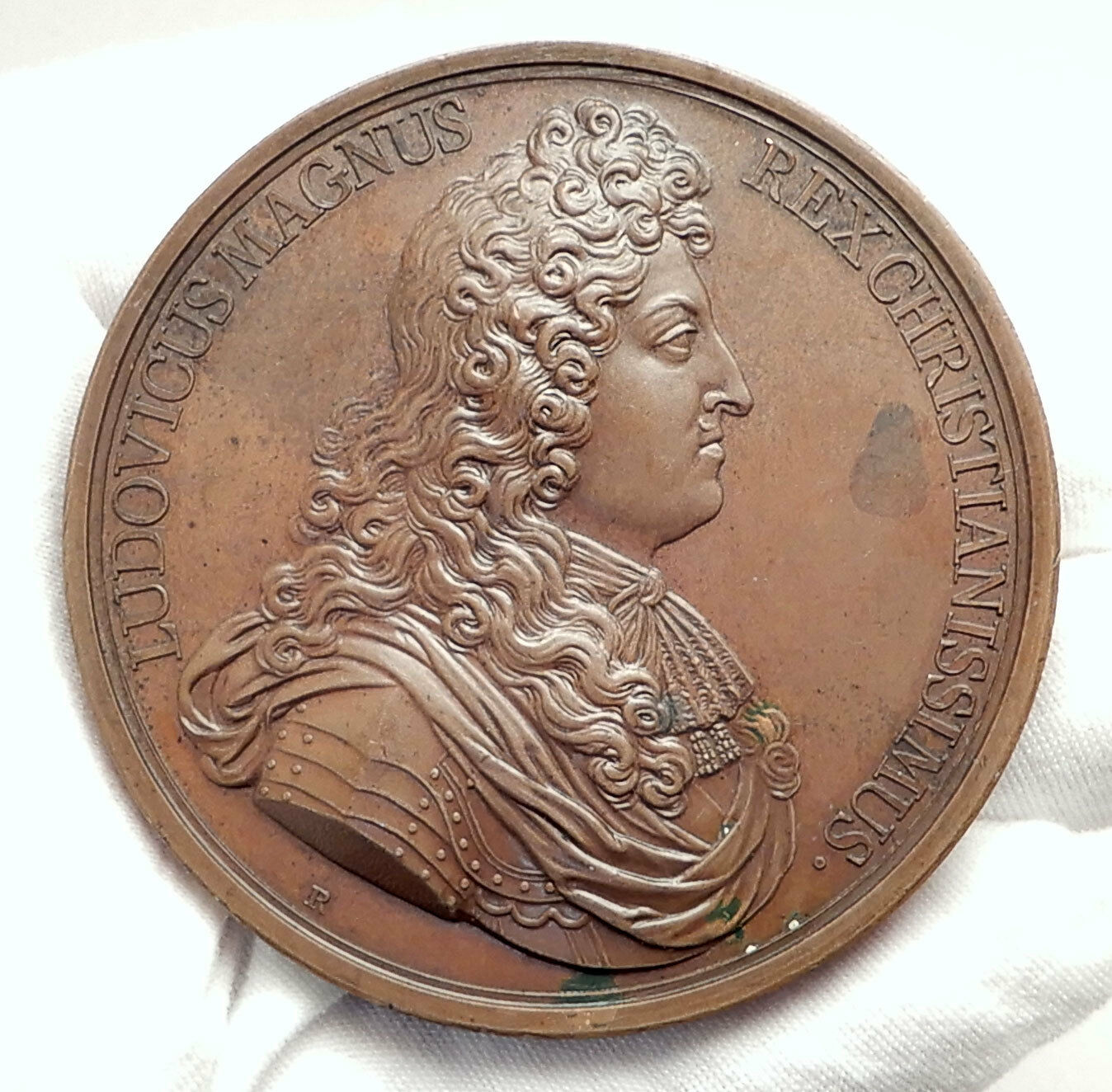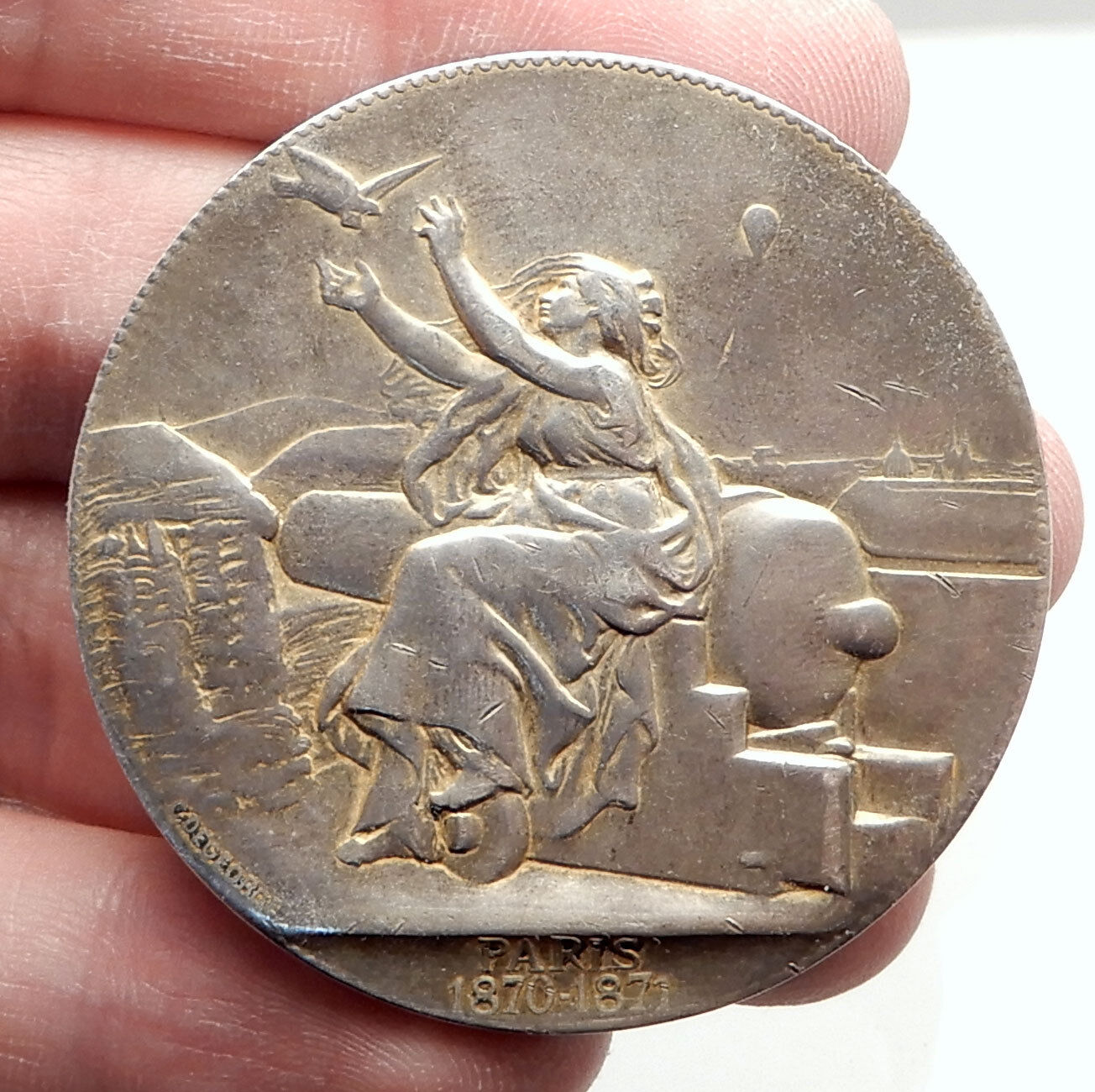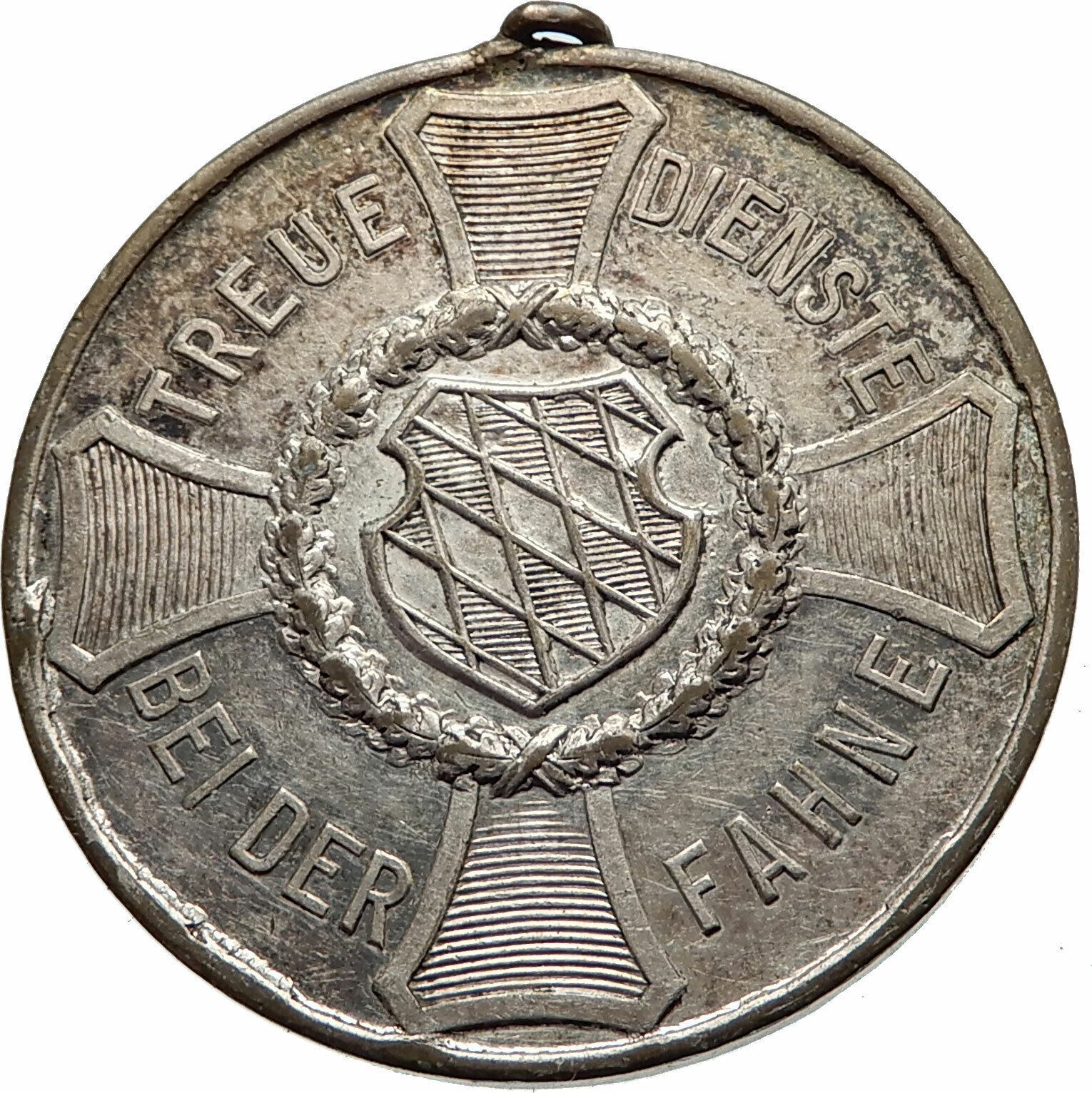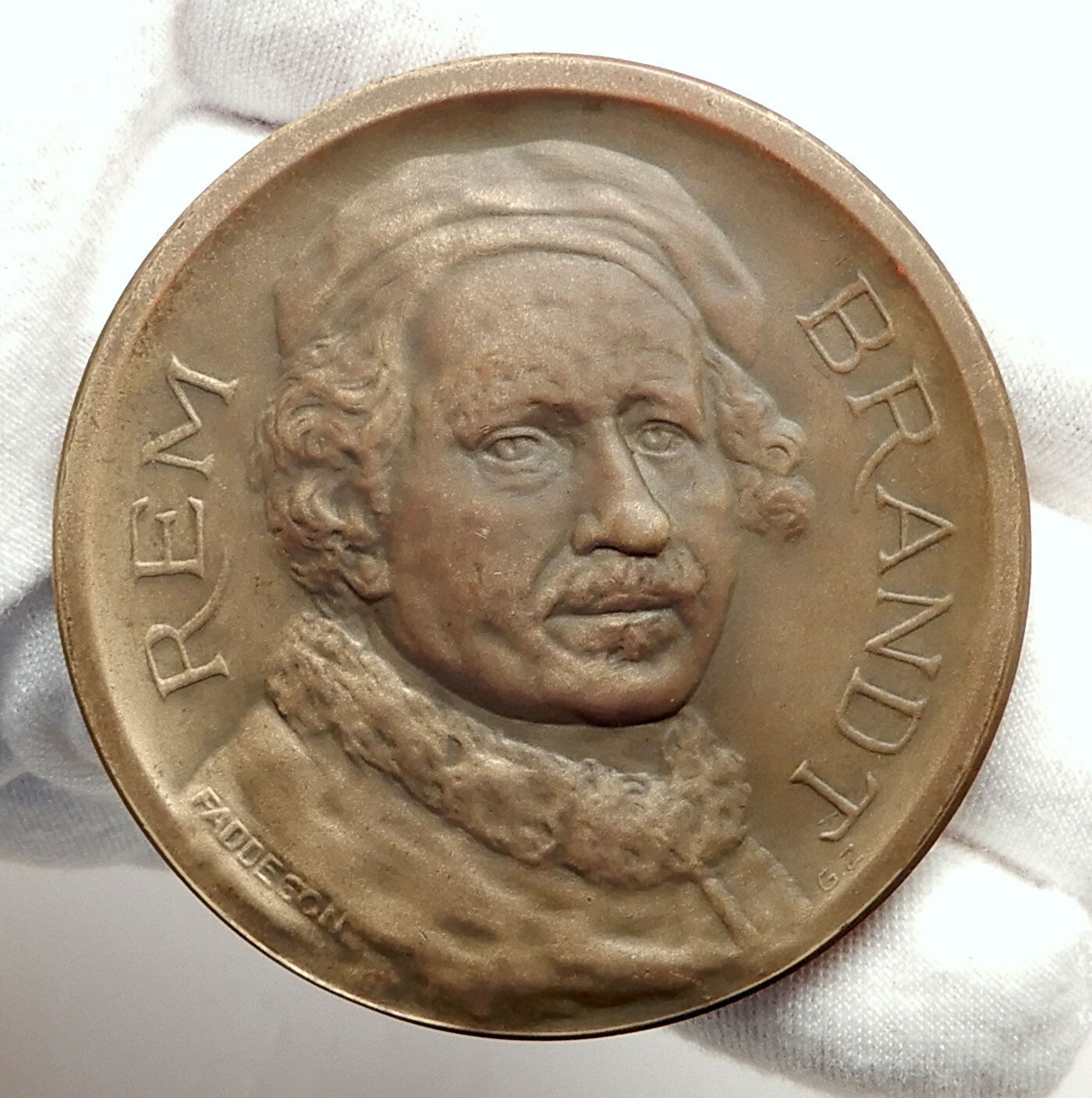|
Japan under Naruhito – Emperor: 1 May 2019 – Present
Wedding to Princess Masako at Oxford University
1993 Proof Silver Medal 38mm (31.23 grams)
Prince Naruhito ~ Princess Masako Royal Wedding 1993, Naruhito and Masako facing.
Oxford University, Aerial view of school buildings.
Medal Notes:
Naruhito first met Masako Owada (staff working at the Ministry of Foreign Affairs) at a tea for Infanta Elena of Spain in November 1986, during her studies at the University of Tokyo. The prince was immediately captivated by her, and arranged for them to meet several times over the next few weeks. Because of this, they were pursued relentlessly by the press throughout 1987.
Despite the Imperial Household Agency’s disapproval of Masako Owada, and her attending Balliol College, Oxford, for the next two years, Naruhito remained interested in Masako. He proposed to her three times before the Imperial Palace announced their engagement on 19 January 1993. The wedding took place on 9 June the same year at the Imperial Shinto Hall in Tokyo before 800 invited guests, including many of Europe’s heads of state and royalty.
You are bidding on the exact item pictured, provided with a Certificate of Authenticity and Lifetime Guarantee of Authenticity.
 Naruhito (徳仁, born 23 February 1960) is the Emperor of Japan. He acceded to the Chrysanthemum Throne on 1 May 2019, beginning the Reiwa era, following the abdication of his father, Akihito. He is the 126th monarch according to Japan’s traditional order of succession. Naruhito (徳仁, born 23 February 1960) is the Emperor of Japan. He acceded to the Chrysanthemum Throne on 1 May 2019, beginning the Reiwa era, following the abdication of his father, Akihito. He is the 126th monarch according to Japan’s traditional order of succession.
Naruhito was born in Tokyo as the eldest child of Crown Prince Akihito and Crown Princess Michiko. He became the heir apparent upon his father’s accession as Emperor on 7 January 1989, following the death of Emperor Shōwa, and was formally invested as crown prince in 1991. He attended Gakushūin schools in Tokyo and later studied history at Gakushuin University and English at Merton College, Oxford. In 1993, he married Harvard graduate and diplomat Masako Owada, with whom he has one daughter: Aiko, Princess Toshi (born 2001).
Naruhito is interested in water policy and water conservation, and likes to play viola. He is an honorary president of the 2020 Summer Olympics and 2020 Summer Paralympics and is a supporter of the World Organization of the Scout Movement.
.svg/220px-Japan_(orthographic_projection).svg.png)  Japan is an island nation in East Asia. Located in the Pacific Ocean, it lies to the east of the Sea of Japan, China, North Korea, South Korea and Russia, stretching from the Sea of Okhotsk in the north to the East China Sea and Taiwan in the south. The characters that make up Japan’s name mean “sun-origin”, which is why Japan is often referred to as the “Land of the Rising Sun”. Japan is an island nation in East Asia. Located in the Pacific Ocean, it lies to the east of the Sea of Japan, China, North Korea, South Korea and Russia, stretching from the Sea of Okhotsk in the north to the East China Sea and Taiwan in the south. The characters that make up Japan’s name mean “sun-origin”, which is why Japan is often referred to as the “Land of the Rising Sun”.
Japan is a stratovolcanic archipelago of 6,852 islands. The four largest islands are Honshu, Hokkaido, Kyushu, and Shikoku, which together comprise about ninety-seven percent of Japan’s land area. Japan has the world’s tenth-largest population, with over 126 million people. Honshū’s Greater Tokyo Area, which includes the de facto capital of Tokyo and several surrounding prefectures, is the largest metropolitan area in the world, with over 30 million residents.
Archaeological research indicates that people lived in Japan as early as the Upper Paleolithic period. The first written mention of Japan is in Chinese history texts from the 1st century AD. Influence from other regions, mainly China, followed by periods of isolation, particularly from Western European influence, has characterized Japan’s history. From the 12th century until 1868, Japan was ruled by successive feudal military shoguns in the name of the Emperor. Japan entered into a long period of isolation in the early 17th century, which was only ended in 1853 when a United States fleet pressured Japan to open to the West. Nearly two decades of internal conflict and insurrection followed before the Meiji Emperor was restored as head of state in 1868 and the Empire of Japan was proclaimed, with the Emperor as a divine symbol of the nation. In the late 19th and early 20th centuries, victories in the First Sino-Japanese War, the Russo-Japanese War and World War I allowed Japan to expand its empire during a period of increasing militarism. The Second Sino-Japanese War of 1937 expanded into part of World War II in 1941, which came to an end in 1945 following the atomic bombings of Hiroshima and Nagasaki. Since adopting its revised constitution in 1947, Japan has maintained a unitary constitutional monarchy with an emperor and an elected legislature called the Diet.
A major economic power, Japan is a developed country and has the world’s third-largest economy by nominal GDP and the world’s fourth-largest economy by purchasing power parity. It is also the world’s fourth-largest exporter and fourth-largest importer. Although Japan has officially renounced its right to declare war, it maintains a modern military with the world’s eighth largest military budget, used for self-defense and peacekeeping roles. Japan ranks high in metrics of prosperity such as the Human Development Index, with the Japanese population enjoying the highest life expectancy of any country in the world and the infant mortality rate being the third lowest globally.
|





 Naruhito (徳仁, born 23 February 1960) is the Emperor of Japan. He acceded to the Chrysanthemum Throne on 1 May 2019, beginning the Reiwa era, following the abdication of his father, Akihito. He is the 126th monarch according to Japan’s traditional order of succession.
Naruhito (徳仁, born 23 February 1960) is the Emperor of Japan. He acceded to the Chrysanthemum Throne on 1 May 2019, beginning the Reiwa era, following the abdication of his father, Akihito. He is the 126th monarch according to Japan’s traditional order of succession..svg/220px-Japan_(orthographic_projection).svg.png)
 Japan is an island nation in East Asia. Located in the Pacific Ocean, it lies to the east of the Sea of Japan, China, North Korea, South Korea and Russia, stretching from the Sea of Okhotsk in the north to the East China Sea and Taiwan in the south. The characters that make up Japan’s name mean “sun-origin”, which is why Japan is often referred to as the “Land of the Rising Sun”.
Japan is an island nation in East Asia. Located in the Pacific Ocean, it lies to the east of the Sea of Japan, China, North Korea, South Korea and Russia, stretching from the Sea of Okhotsk in the north to the East China Sea and Taiwan in the south. The characters that make up Japan’s name mean “sun-origin”, which is why Japan is often referred to as the “Land of the Rising Sun”.




